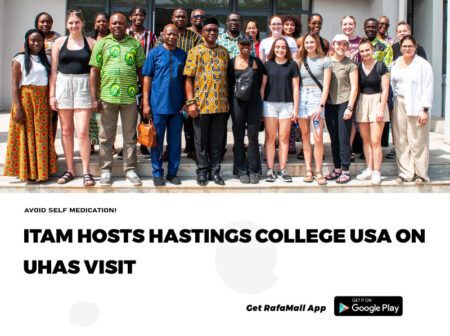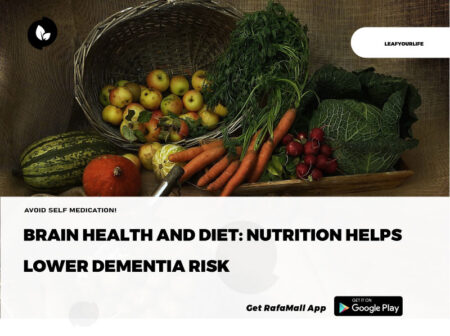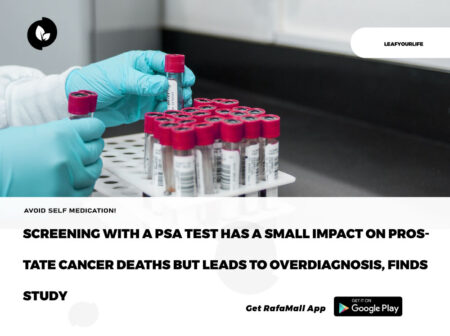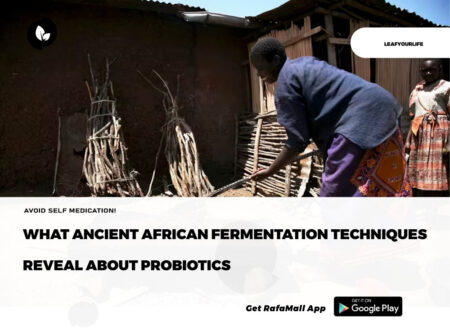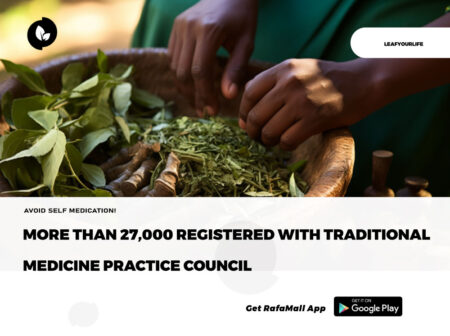
African star apple, botanically called chrysophyllum albidum is commonly known as ‘alasa’ in my Dangme dialect and many others as well. It is also called African cherry. It is delicious and low in calories.
The African Star Apple is a fruit native to West Africa and is particularly prolific in Nigeria, the Republic of Benin, Togo, and Ghana. The African Star Apple tree and fruit secretes a whitish sap which gives the flesh of the fruit a chewing gum-like texture. The taste of the African Star Apple is quite complex. The African Star Apple tree and fruit secretes a whitish sap which gives the flesh of the fruit a chewing gum-like texture
The taste of the African Star Apple is quite complex. Depending on the stage of maturity of the fruit, it can be terribly sour or amazingly sweet. Ripe African Star Apples are savory-sweet and tart in taste. This complex taste lends itself well when paired in sweet dishes as a dessert or added to a cocktail.
In this era of COVID 19 pandemic and the search for immune-boosting fruits, I have decided to particularly discuss this fruit because of its high Vitamin C content. Vitamin C, also known as ascorbic acid and ascorbate, is a vitamin found in various foods and sold as a dietary supplement. It is used to prevent and treat scurvy.
Vitamin C is an essential nutrient involved in the repair of tissue and the enzymatic production of certain neurotransmitters. It is required for the functioning of several enzymes and is important for immune system function. It also functions as an antioxidant. However, as important as Vitamin C is, humans, unlike other animals, cannot make it!
Humans are one of the few mammals unable to manufacture ascorbic acid in their liver. The only way humans can make up for this inborn Vitamin C deficiency is to include foods rich in Vitamin C in their diet. For Olufunke Faluyi, 2019, in Nigeria, some herbal practitioner uses the seed of African Star apple to cure hernia, especially when diagnosed early. The most interesting thing about the African Star Apple is it important for pregnant women.
Nutrients in African Star Apple
Nutrients per one fruit that is around 100 grams according to legit.ng/amp/1157163-agbalumo-pregnancy-effect.html :
- Vitamins (B1, B2, B3) – less than 1 milligram
- Vitamin C – around 25 milligrams
- Carbohydrates – around 10 grams
- Proteins – about 7 grams
- Fat – less than grams
- Potassium – up to 700 milligrams
- Calories – about 60-70.
Studies on Health benefits
Fight diabetics and cholesterol lowering Potential
In a research published in the September 2009 edition of the African Journal of Pharmacy and Pharmacology, the result indicated that the leaves of the fruit reduced glucose levels in diabetic rabbits, the same function that insulin in the human body performs. Also, another study showed that the local cherry fruit lowered blood sugar and cholesterol and could be useful in preventing and treating heart diseases.
African star apple is one of the best fruits for pregnancy because it provides much energy, is rich in moisture, and contains such useful elements as phosphorus, calcium, iron, dietary fiber, and protein. Each African pregnant woman can enjoy all the amazing effects of eating star apples.
One work by Ihekwereme et al 2017study investigated the antimalarial potential of the pulp juice and seed of C. albidum. The researchers noted that the fruit pulp of C. albidum is consumed by pregnant women of south eastern Nigeria and possess antimalarial activity. Schizonticidal activity was evaluated using Peter’s 4-day suppressive test. The prophylactic and curative antimalarial activities of the extracts were evaluated in Albino mice inoculated with Plasmodium berghei.
The result revealed that oral acute toxic dose of the pulp extract is beyond 5000 mg/kg. The seed and pulp possess both suppressive and curative properties. The seed extract suppressed early infection by 72.97% and 97.30%, at 500 and 1000 mg/kg, respectively. The pulp juice recorded 72.97% and 81.08%, at 500 and 1000 mg/kg, respectively. At 500 mg/kg dose, the level of parasite control on Day 7 was the same (96.10%) for both seed and pulp. This study demonstrates the presence of antimalarial constituents in the chemically uncharacterized samples (fruit pulp and seed) of C. albidum. Its ethnomedicinal use may be valuable in pregnancy where it may possibly serve as an intermittent preventive therapy against malaria.
Benefits to the Pregnancy
- It prevents them against malaria because it contains chemical substances that protect development of malaria
- It helps pregnant women to stop the urge to vomit because of it acidic taste
- It reduces constipation
- Helps in overcoming sore throat
- It aids digestion
- It improves their skin.
- Healthier heart
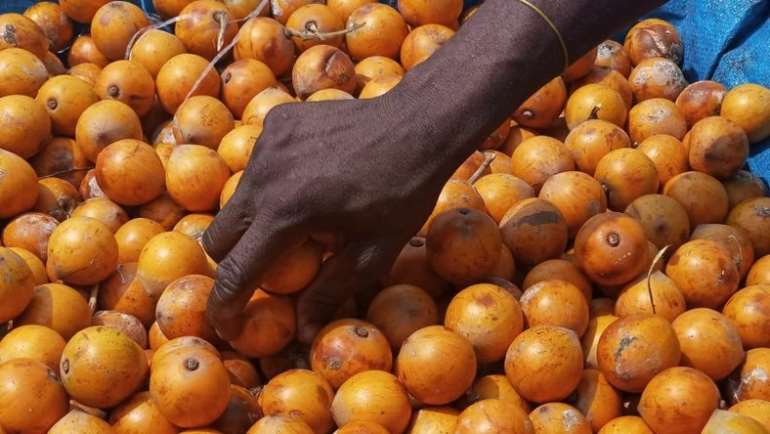
Natural anti-oxidant
Antioxidants help prevent damage to the system caused by free radicals. Free radicals are unstable molecules that are produced in your cells during your own metabolism. Their production increases in response to stress or injury. Intake of foods and drinks that can neutralize these free radicals are highly encouraged, and African Star Apple does just that.
Rich in vitamin C
African Star Apple contains a high Vitamin C content i.e. 100g of the fruit gives about 25mg of vitamin C. This helps protect the body against immune system deficiencies, cardiovascular disease, prenatal health problems, eye disease, and even skin wrinkling. It is also helpful in maintaining the healthiness of your gum, preventing sprue and gum disease.
Helps weight loss
For people who count their calories, African Star Apple might be the fruit you’ve been waiting for. Studies have shown that a serving of African Star Apple contains just 67 calories; thus making it a good option for people with weight issues as they get fewer calories intake in the process of consuming it.
Take Home:
- Fights malaria in Pregnancy
- It is a great source of calcium. This fruit can give you up to 10 per cent of your required daily calcium intake. This calcium will help build and maintain strong bones and teeth.
- It is used in herbal medicine. It is often used to treat malaria and yellow fever. The cotyledons on the young seedlings are helpful in treating vaginal infections. This treatment is commonly done in the western part of Nigeria.
- It has a high Vitamin C content. This helps in curing colds and preventing scurvy. Per 100g of this fruit, you can get 25g of Vitamin C.
- It can be used for healing and treatment of wounds such as cuts, sprains etc., especially the leaves, roots and barks as they have healing components.
- The roots are used in the treatment of sexual weaknesses, asthma and sterility.
- The barks are used in the treatment of cough and yellow fever.
DISCLAIMER This post is for enlightenment purposes only and should not be used as a replacement for professional diagnosis and treatments. Remember to always consult your healthcare provider before making any health-related decisions or for counselling, guidance and treatment about a specific medical condition.
The writer is an honorary Professor of Holistic Medicine-Vinnytsia State Pedagogical University, Ukraine, President of Nyarkotey College of Holistic Medicine and currently, LLB law/MBA Student. He is the formulator of FDA approved Nyarkotey Hibiscus Tea for Cardiovascular Support and wellness, Men’s Formula for Prostate Health and Women’s Formula for wellness. Contact: 0241083423/0541234556
Reference
Ihekwereme, C. P., Okoye, F. K., Agu, S. C., & Oli, A. N. (2017). Traditional Consumption of the Fruit Pulp of Chrysophyllum albidum (Sapotaceae) in Pregnancy may be Serving as an Intermittent Preventive Therapy against Malaria Infection. Ancient science of life, 36(4), 191–195. https://doi.org/10.4103/asl.ASL_208_16
Raphael Nyarkotey Obu, PhD, © 2020
Prof Raphael Nyarkotey Obu is an honorary professor of holistic medicine-Vinnytsia State Pedagogical University, Ukraine, and the President of Nyarkotey College of Holistic Medicine, Tema Community 7, Post office.



